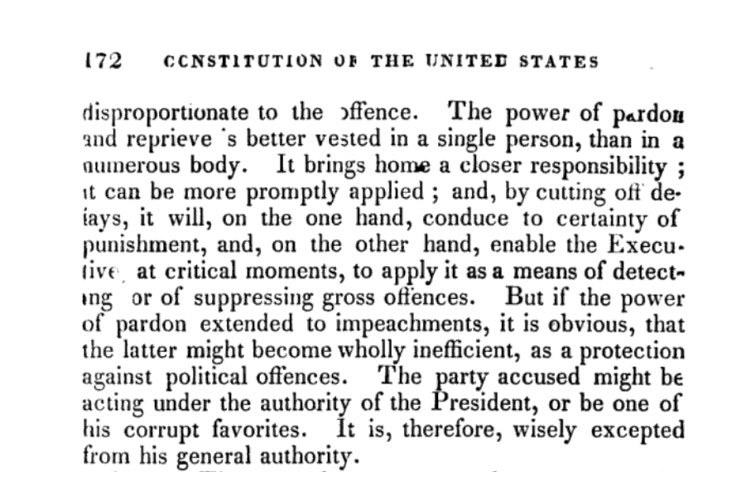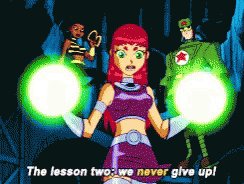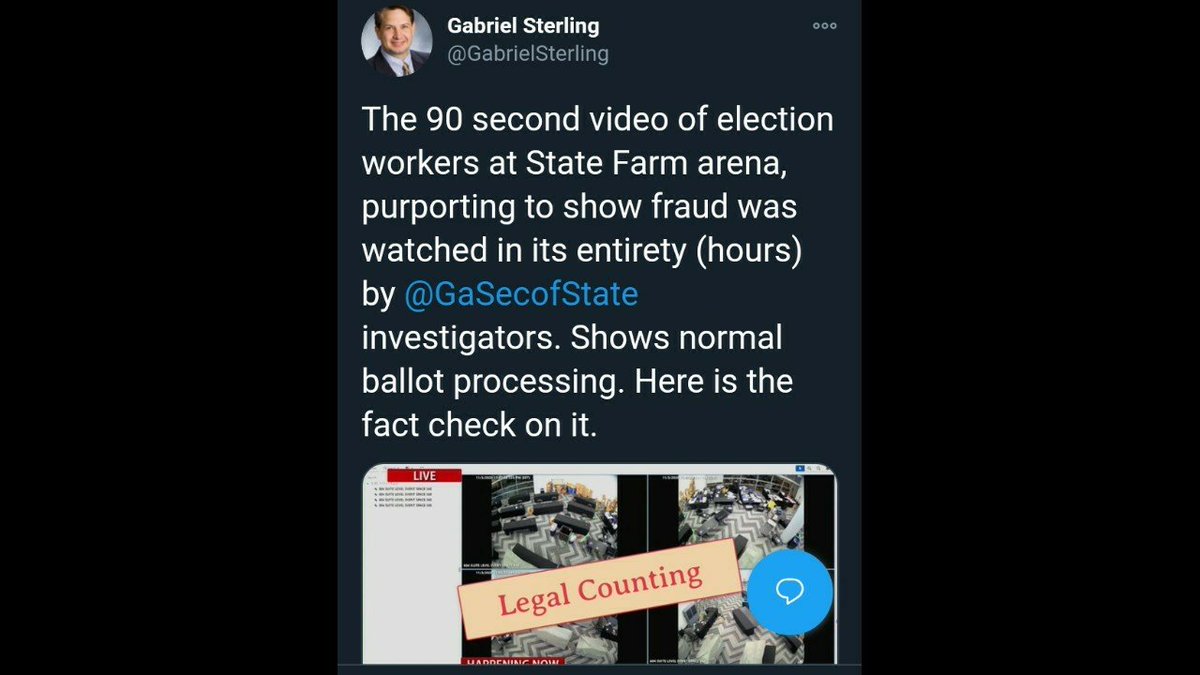Categories For later read
It has made me think through multiple conflicts I have had at work and how "real talk" basically shuts down management.
Did y'all know that a lot of white people don't have the cultural concept of "real talk"? You know where you stop saying the diplomatic thing and tell people what's really going on. They just don't have it. You try to have a moment of "real talk" and they freak the fuck out.
— Marco Rogers (@polotek) January 26, 2021
Like when I was drowning in work, asking for help, and my boss asked me point blank if I wanted to quit and why didn't I ask for help.
I showed her the emails and call logs where I did.
She shut down and walked away.
Or the time a project was going off the rails and I asked my team lead for help.
I explained everything I did so far and was looking for direction on what else to do.
And he said, "I don't want this time to be just you complaining."
So I stopped telling him anything negative.
he's sure that if he hadn't had the help he does from the very beginning, he'd have lost a long time ago.
"It's not up to me." (It's up to you.)
— cas \U0001f338 (@dekuthepastry) January 19, 2021
shouto steps out of his office. he's the last to leave tonight, though that's no surprise. he's usually one of the lastest working heroes in the agency.
he'd been hoping to get back to his apartment without a hitch, but he can tell that won't be the case. not tonight.
not when it feels like someone's watching his every move.
he continues walking for a beat, stepping out of view of his agency. he reaches a fire escape stairwell against the side of another building and climbs to the top, quiet as he can.
shouto could use his ice to get up,
but keeping inconspicuous is more important than speed.
he settles on the edge of the building, legs relishing in the pull of gravity for but a moment.
"shadow," shouto says aloud then, unsurprised.
when he blinks, the vigilante stands beside him, usual dark get-up donned, though this time he doesn't have his mask and hood pulled up. he looks... normal. if anything, that feels stranger than seeing nothing but the man's green eyes.
Drops 120-131
More overlap with the 1:20 - 1:31 drops too...
Check it out...
1/ OHHH Patriots
— Brother Streetjoy (@BroStreetJoy) January 30, 2021
I think I found something crazy
It\u2019s widely believed we\u2019re in the 10 Days
I do a lot of Date>Timestamp stuff
There are drops for EVERY \u201cdate\u201d between 1:20-1:31
& some strange \u201ccoincidences\u201d
Follow along \U0001f633\U0001f1fa\U0001f1f8
2/ Check out Drop 120
Unmasking
&
Em Ess Em
&
H-Arr-See
&
SA
Overlap with 1:20, 1:23, 1:29, 1:31
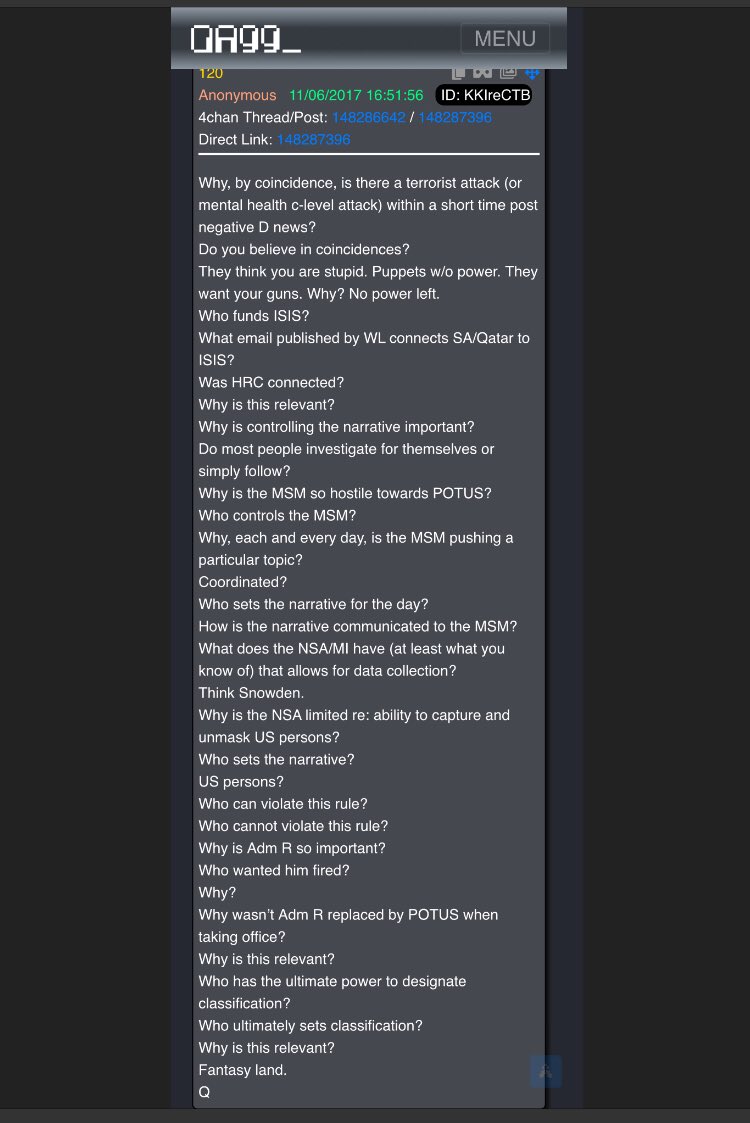
3/ Drop 121
Hu$$ein & MB & SA
(& r!gged eIecti0ns - worth a re-read!)
Matches 1:23 & 1:31
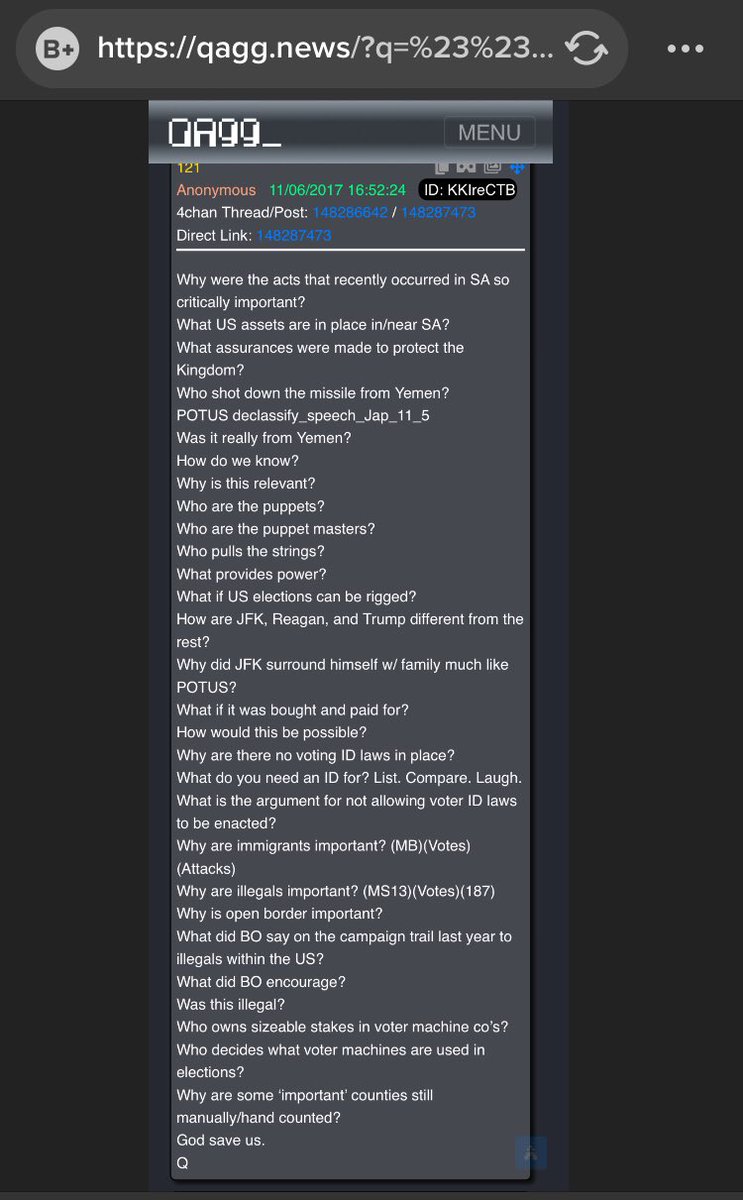
4/ Drop 122
H-Arr-See
&
Snow White & Godfather lll - same as 1:31
As well as “Operators active” & “Operations in US”
Strong correlations, amirite?
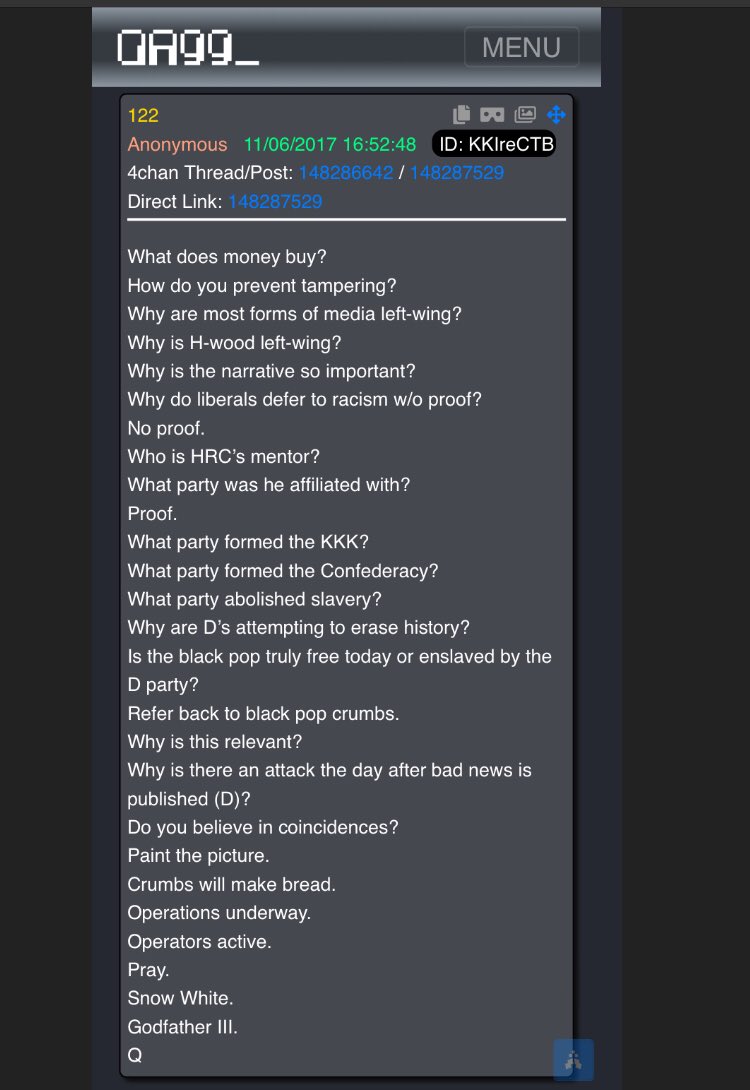
5/ Drops 123 & 124 & skipping to 126
+++
++
+
“Nothing is random.
Everything has meaning.”
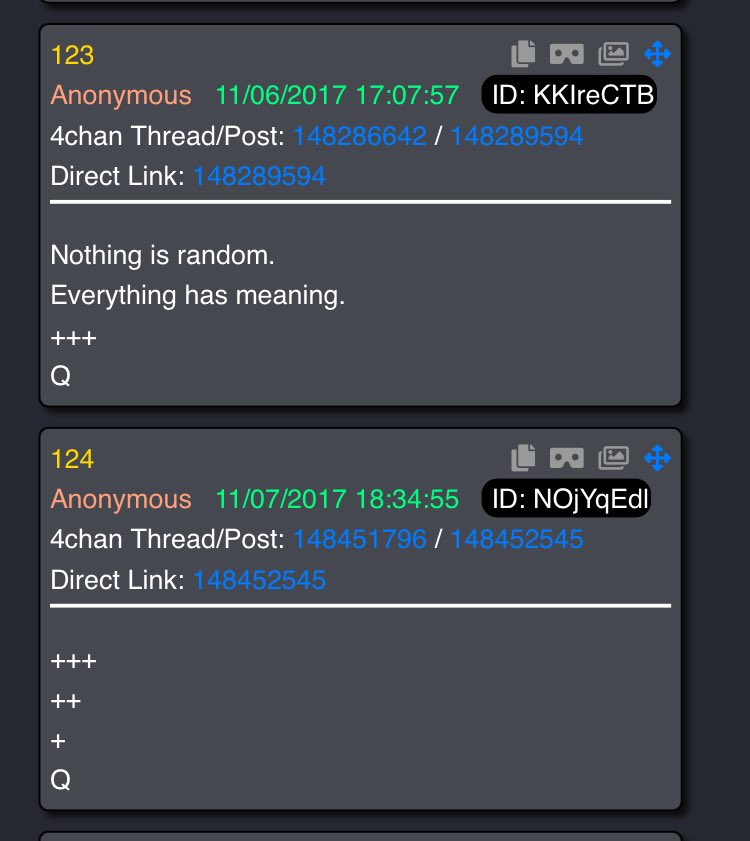
I\u2019m not clear what you are arguing about the rate of interest\u2014you only mention it in passing here?
— Jo Michell (@JoMicheII) December 3, 2020
Making G contingent on a ultra low government rate of interest (ULGROI) seems household budget thinking: lower expenditure on interest payments is being portrayed as permitting the higher expenditure on G. (2/13)
All fine that this is permitting those who think in a household budget way (OBR, IFS etc) to support spending (or rather not prescribe austerity) but it is not the macro of the situation. (3/13)
As an aside I'd rather call out the household budget mob for prescribing austerity last time, not least in the week that the OECD publicly acknowledged austerity was overdone. Parotting their present argument seems to let them off the hook. (4/13)
As you know the low rate of interest - in advanced economies on government debt - is not a matter of chance but a consequence of a decade of reliance on QE and a wider global retreat from risk. (5/13)
We are exclusively focused on the *supply chain*. We neglect the *demand* for this content.
The truth is that people searched for an excuse, or opening, to be radicalized.
Keep in mind: Hitler launched the campaign of lies and evil that brought the Holocaust in an age when the Internet was yet to be even dreamed of.
— Brent Staples (@BrentNYT) January 11, 2021
I find the comparison to drugs and addiction helpful here, and it is one that I do carefully.
100 people to to the doctor and get an opioid after a procedure. About 95 will never use again.
A lot of us are exposed to extremist content. Most of us don’t get radicalized.
So while the supply and exposure played a role in both addiction and radicalization, it is not magic. It doesn’t just take over people. It taps into demand.
So maybe the question is less about how they got the supply and more why they find it so appealing.
That’s tougher.
It is much easier to imagine an immediate policy solution to Trump’s twitter account or YouTube’s auto play than to the coercive impact of 401 years of America apartheid and racist myth making.
But again drugs suggest that those quick supply cuts don’t work.
A century of drug busts made the problem worse. This observation led to the iron law of prohibition: the harder the enforcement, the harder the drugs.
When you cut supply, people who want drugs *will* find drugs — and often more dangerous drugs.
This is where my insight ends.
If you see someone cool having a horrible time on the internet, reach out. It's a time when someone's whole world is crumbling, and the real goal isn't just harassment. It's isolation; cutting people off.
And out of those kinds of letters I met a young woman named @SarahTaber_bww who had a lot to say about ag tech and asked me if I thought she should.
— Melinda Byerley (@MJB_SF) January 7, 2021
Fortunately for all of us she ignored my advice. Her friendship and wisdom would not be in my life without this experience. \U0001f496\U0001f4aa\U0001f3fb pic.twitter.com/bYfNXJRiMw
Melinda's experience is also a great example of the "Don't scream" principle.
e.g. If somebody's kidnapping you & trying to hustle you into a car and they say "Don't scream," why are they saying that? It's bc they need silence to get away with the crime.
So you should yell.
It's funny. They'll tell you exactly how to beat them, if you listen.
If you have a moment, read through the thread & screenshots of all the threatening emails.
Notice anything odd? They're not so much threats, as they are orders. Do this! Don't do that!
Let's lay aside the sheer windbag-itude of issuing orders, in full seriousness, to strangers on LinkedIn when you can't even spell properly
There's a reason lots of people's response to Melinda speaking harsh truths about white-dominated rural areas
was to issue orders to STOP.
And orders to "make it right" by groveling on platforms where even more angry white nationalists would discover her.
6. What about the exception for \u201ccases of impeachment\u201d?
— Steve Vladeck (@steve_vladeck) January 19, 2021
Some argue that this means that no pardons can be issued *while* the President is under impeachment or for offenses by others that are *related* to the basis for an impeachment.
I (and most scholars) strongly disagree.
Is it only limited when the president is impeached and removed? Clinton’s pardons were allowed to stand, after he was impeached by the House—but the impeachment cause was so trivial—& they were also unrelated to the causes of his impeachment.
I actually think that allowing Clinton to grant pardons after impeachment was a big mistake, one that went against the intention of the Constitution, & one that helped to create the current mess. But that narrow precedent stands. What about the longer history & larger question?
After impeachment, President Johnson gave at least two pardons but they were reversed by President Grant immediately afterwards. How many did he give once impeached? Can other historians pipe in?
The revised edition of Joseph Story’s textbook of constitutional interpretation, published in 1868, said that presidents cannot pardon after impeachment as such a power “might become ... a protection against political offenses...the party accused might be acting under ...”
